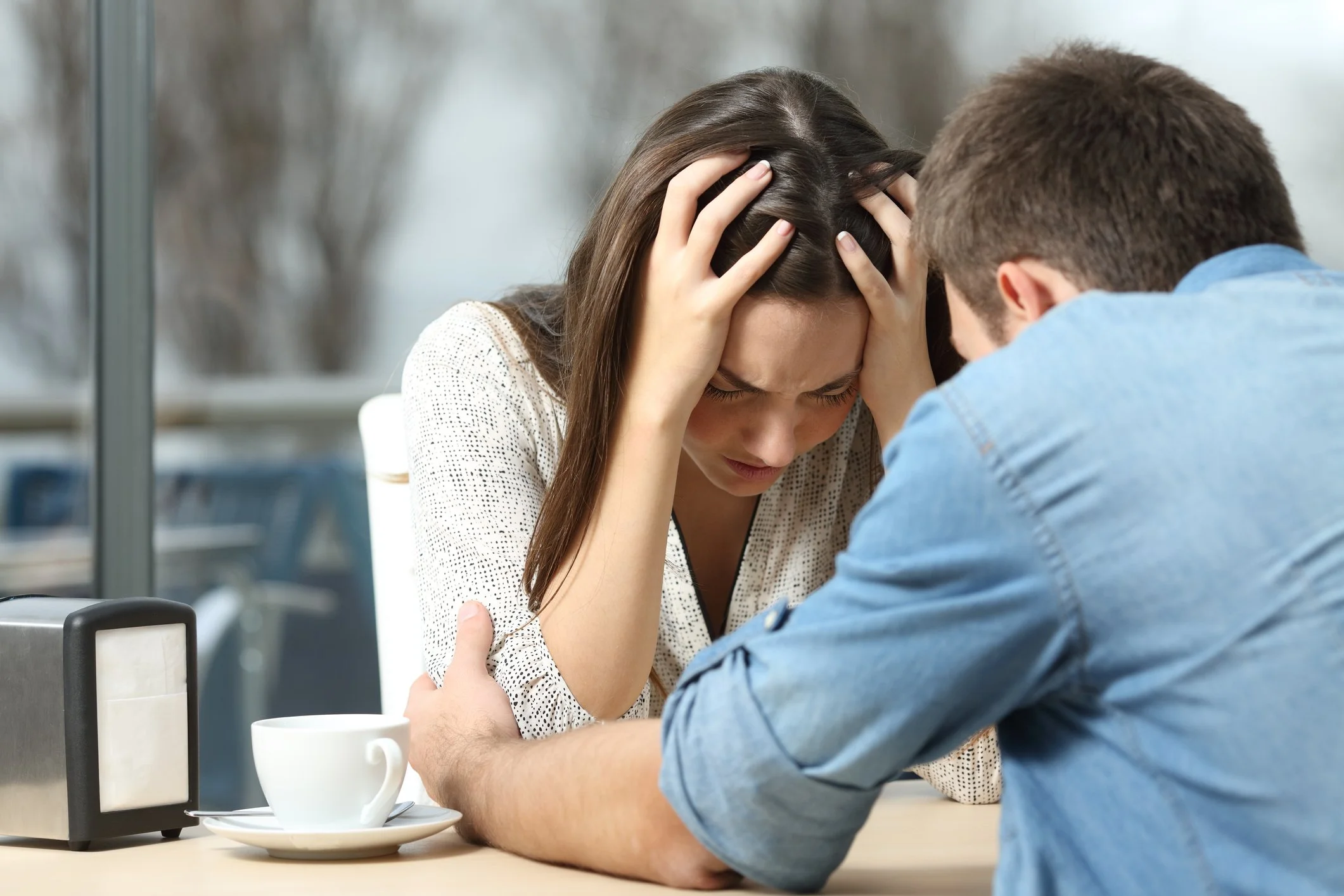Warning Signs of Toxic or Abusive Relationships
Introduction
Not all relationships are healthy — and some can be harmful. Toxic or abusive relationships are ones that leave you feeling scared, small, manipulated, or constantly on edge. It can be hard to tell the difference between a relationship that’s just going through a rough patch and one that’s actually unsafe — but knowing the red flags can help you protect yourself or someone you care about.
Content Warning: This article discusses topics such as emotional, physical, and sexual abuse, which may be distressing to some readers.
What Is a Toxic or Abusive Relationship?
A toxic relationship is one where unhealthy behaviours — like constant criticism, manipulation, or jealousy — make you feel emotionally drained. An abusive relationship takes this further, involving deliberate harm, whether it's emotional, physical, verbal, sexual, or financial.
Abuse is about power and control — it can happen in romantic relationships, friendships, or even family dynamics. It’s never your fault.
Types of Abuse You Should Know About
Abuse isn’t just physical. Many victims never have bruises — but suffer emotional wounds that are just as damaging. Here are the main types:
Emotional abuse – gaslighting, guilt-tripping, insults, silent treatment
Physical abuse – hitting, slapping, pushing, throwing objects
Verbal abuse – shouting, name-calling, humiliation
Sexual abuse – pressure, coercion, non-consensual acts
Financial abuse – taking your money, limiting access to funds
Digital abuse – stalking your messages, demanding passwords, constant surveillance
Common Warning Signs to Watch For
1. Controlling Behaviour
They want to control who you talk to, what you wear, or where you go. They make decisions for you and claim it’s “because they care.”
2. Extreme Jealousy or Possessiveness
They accuse you of cheating or flirting without reason. Jealousy is framed as love, but it’s actually about control.
3. Isolation from Friends and Family
They discourage or stop you from spending time with loved ones. You might start feeling alone — or like no one else understands.
4. Constant Criticism and Put-Downs
They belittle your appearance, ideas, or achievements. Even “jokes” feel like digs that knock your confidence.
5. Gaslighting
They twist the truth to make you doubt your memory or sanity. You start thinking everything’s your fault.
6. Walking on Eggshells
You feel afraid to speak up, scared to upset them, or constantly anxious about their mood.
7. Physical Violence or Threats
They hit, shove, destroy property, or threaten to hurt you or themselves if you leave.
8. Guilt-Tripping and Manipulation
They cry, beg, or use emotional blackmail to get their way. “If you loved me, you’d…”
9. Sexual Pressure or Coercion
They pressure you into doing things you’re uncomfortable with — or make you feel bad for saying no.
10. Monitoring and Digital Invasion
They check your phone, demand your passwords, or track your location. There’s no privacy.
When Is It Toxic vs. Abusive?
Not every toxic relationship is abusive — but every abusive relationship is toxic. Here’s the key difference:
Toxic: Involves unhealthy patterns, but may not be intentional or violent.
Abusive: Involves deliberate harm and a pattern of power and control.
Toxic behaviours can escalate into abuse over time, especially if you feel trapped, silenced, or unsafe.
“Abuse thrives in silence. By learning to recognise it and speak out, we begin to take its power away.”
Why People Stay in Toxic or Abusive Relationships
It’s easy to ask, “Why don’t they just leave?” But leaving isn’t always simple. People stay because:
They love the person and hope they’ll change
They feel scared, threatened, or ashamed
They’ve been manipulated to believe it's their fault
They don’t want to be alone or lose their social circle
They’re financially or emotionally dependent
If this sounds like you, you’re not weak — you’re human. And you deserve support.
What to Do If You Recognise These Signs
If you think you might be in a toxic or abusive relationship:
Talk to someone you trust — a friend, teacher, or parent.
Call a helpline — even just to talk. You don’t have to make big decisions right away.
Document abuse — keep a private record of incidents.
Don’t confront the abuser alone — it could put you in danger.
Make a safety plan — especially if you’re thinking of leaving.
Remember: You are not alone. Help is out there, and you deserve to feel safe and respected in any relationship.
Resources and Helplines
Childline (UK): 0800 1111 — for anyone under 19, free and confidential
Women’s Aid (UK): www.womensaid.org.uk
The Mix (UK): 0808 808 4994 — support for under 25s
Love Is Respect (US): 866-331-9474 or text “LOVEIS” to 22522
NSPCC (UK): 0808 800 5000 — help for children and young people
National Domestic Abuse Helpline (UK): 0808 2000 247
Final Thought
Recognising warning signs can be the first step toward healing. You might not be able to fix someone else's behaviour — but you can choose to protect yourself.
A healthy relationship should feel safe, respectful, and empowering. If yours doesn’t, it’s okay to walk away. You are not responsible for someone else’s actions — only your own well-being.
FAQ’s
-
Yes. Emotional abuse can damage self-esteem, cause anxiety or depression, and impact long-term mental health — even if there are no visible scars.
-
Listen without judgment, let them know you’re there, and encourage them to talk to a trusted adult or call a helpline. Avoid pressuring them to leave — just be a steady source of support.
-
Absolutely. Teen relationships can involve jealousy, manipulation, or emotional control. Learning healthy relationship skills early is key.
-
IIf something feels wrong — trust your instincts. Talk to someone. You don’t have to label it as abuse to get support or advice.
-
Some people can grow and change, especially with therapy — but change takes time, accountability, and effort. If someone is harming you now, your priority should be safety, not fixing them.











